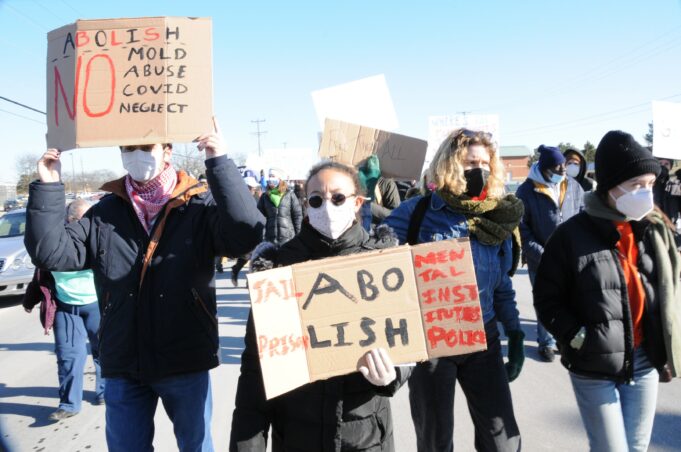In 2022, the plight of Black and Indigenous political prisoners and inmates in general in the U.S. remained stagnant for many, despite intensified calls for their freedom by advocacy groups and prominent organizations such as the Jericho Movement. This same year saw a few critical developments in legislative reform, with several initiatives securing gains in the form of sentencing adjustments, compassionate release, drug policy, and prosecutorial reform.
However, these changes were far from comprehensive. For 2023 to be a significant year for Black and Indigenous political prisoners in the U.S., many activists are calling for an emphasis on pardons, commutations, parole, and overturning wrongful convictions.
After almost four decades of fierce struggle, history was made in 2022 as Mutulu Shakur and Sundiata Acoli were finally released from captivity. The pair stood as shining examples of dedication to the fight for justice, having fought for political freedom for much of their adult lives.
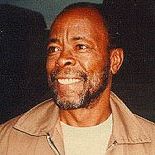
Former political prisoner and Black Panther and co-founder of the Jericho Movement, Jalil Muntaqim, expressed his discontentment with the lack of positive progress in prison reform in 2022. He pointed to prison slavery as a significant issue. This industry has been legally established by virtue of the 13th Amendment in the U.S. Constitution, which many people may be unaware exists.
During the November mid-term elections, four states—Alabama, Oregon, Vermont and Tennessee—voted to remove language from their state constitutions that said slavery is legal as a criminal punishment. Louisiana voted to keep the slavery exception. Mr. Muntaqim is actively fighting for its abolition in New York State, aiming to eradicate this oppressive system in 2023.
“New York is taking steps towards abolishing penal slavery. Two bills, one concerning compulsory labor and the other granting minimum wage to incarcerated workers, are currently being deliberated by the legislature, which could end this heinous practice if passed into law,” he told The Final Call.
In 2022 the United States continued to incarcerate a larger population than any other nation in the world, with those imprisoned facing dire living conditions. There continues to be little to no public oversight of these prisons, particularly state-run facilities—and their living standards, leading to instances of abuse of power and terrible humane qualities by those who are running the prison system.
In many cases, prisoners do not have access to basic necessities, such as fresh air, healthy food, natural light, or proper healthcare. Earlier this year, the problems in 13 of Alabama’s major prisons came to a head when thousands of prisoners went on a labor strike to demand better treatment. Prisoners were suffering from environmental and nutritional issues and overcrowded facilities. The labor strike began on September 26 and ended October 15. Prisoners stopped providing free labor in the form of food service, laundry, maintenance, trash and other jobs.
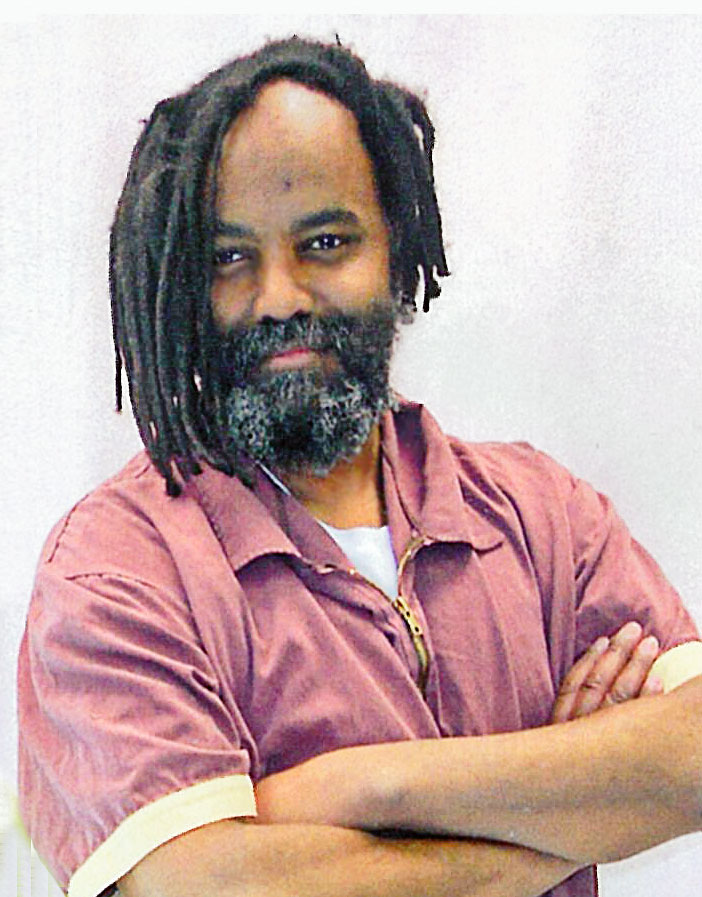
Also, this year protestors held demonstrations at Women’s Huron Valley Correctional Facility in Ypsilanti, Michigan. Inmates there suffered from overcrowding, mold, improper airflow due to a clogged ventilation system, broken hot water tanks, water shortages, and mistreatment, harassment, and degradation, according to activists and advocates.
For many activists, this is an issue in 2023 that will not be ignored. Mass incarceration of Black people continues to call for long-term reforms, they argue.
The Pew Center released troubling statistics concerning the incarceration rates of both men and women in America. Incarceration rates among men were particularly pronounced, with one in 15 Black men ages 18 or older and one in nine ages 20–34, incarcerated. White men saw slightly lower numbers at one in 106, and all men 18 or older have an incarceration rate of one in 54.
Women had somewhat improved statistics, with White women ages 35–39 with an incarceration rate of one in 355, Hispanic women at one in 297, and all women in that age group at a rate of one in 265. However, Black women still experienced a relatively high rate for this age demographic at one in 100.
The Sentencing Project recently released data on the racial disparities in state prisons. According to the report, Black Americans are imprisoned at nearly five times the rate of White Americans. Also, in 12 states, more than half the prison population is Black. Even worse, seven states have a Black-to-White incarceration ratio greater than nine to one.
While 2022 saw President Joe Biden issue pardons for thousands of people convicted of possessing marijuana, it did not apply to state charges, only federal. “And while many advocates welcomed the presidential act of forgiveness, they say far too many people—many of them Black and Latino —are not eligible for the pardons, leaving them with minor marijuana convictions that will continue to get in the way of job prospects, educational opportunities and financing for homes,” reported the New York Times on Nov. 22.
“The Mass Incarceration: The Whole Pie 2022,” report by Wendy Sawyer and Peter Wagner at the Prison Policy Initiative provides crucial insights into the various components of the criminal justice system. It is not enough to merely understand how many people are affected, the report noted—it’s essential also to learn who is disproportionately hurt and left behind because of current policy.
The stark reality lies in poverty—with most of those in jail and prison belonging to a lower socioeconomic status than the overall population. High bail prices place an undue financial burden on some offenders, trapping them in pre-trial detention as they struggle to afford their freedom. Focusing on those hit hardest and closest by mass incarceration is essential to make real, sustainable changes in American society.
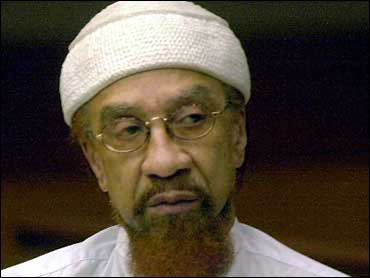
Despite the efforts of prison reform activists, COVID-19 sadly caused setbacks in progress. According to Professor Johanna Fernandez of Baruch College—a constituent of the City University of New York—prisons have become more oppressive under false pretexts due to pandemic safety measures.
Most facilities are still trying to grapple with the changes that COVID introduced into the prison system. Nation of Islam Student Minister Demetric Muhammad agreed. In most places, the kinds of educational, religious, or economic services, have suffered as a result of all of the different changes that COVID introduced into the system, he explained. Student Minister Muhammad works with inmates.
As the pandemic continues facilities are still trying to determine how to move forward, he said. In some facilities, inmates can use tablet computers for religious programming. Activists in various cities are working to reduce the overall prison population on a local level. “There are many variables that make an outlook for the future difficult post-COVID,” he explained.
“In the last few years, the Honorable Minister Louis Farrakhan’s mission has seen a surge of attention from those seeking spiritual guidance outside of traditional channels. Unfortunately, COVID-19 restrictions have impeded progress towards this endeavor by limiting visits to prisons and reducing access to subscriptions or donations such as books and literature for inmates,” he said.

In 2023 the continued decriminalizing of low-level drug offenses is an essential reform for those disproportionately impacted by the criminal legal system. Arrests and prosecutions for such crimes can have long-term, lasting effects which lead to the accumulation of prior convictions. This has had a significant and detrimental impact on people in communities of color as they are more likely to experience these actions due to systemic racism.
In 2023 the Jericho Movement will continue to mobilize for action on an international scale, connecting with The Spirit of Mandela Coalition has provided a platform to further their cause, according to Mr. Muntaqim. “On October 25, 2021, this coalition held an event in which 30 people testified and boxes of documents were reviewed by International Jurors who unanimously determined that the U.S. is guilty of genocide across five areas: Political Prisoners; Mass Incarceration; Police Killings; Environmental Racism and Health Inequities—illustrating how these issues collectively constitute one huge crime against humanity,” he said.
Dr. A’isha Mohammad is a social justice leader and human rights advocate. She is an active member of the Spirit of Mandela Movement. During an interview with The Final Call, she issued a rallying cry to activists, calling for serious action in advancing prison reform efforts across the country. With an outlook to 2023, she urged collective mobilization against this pressing social justice issue.
The goal, she explained is to pursue a united struggle and progress toward forming the People’s Senate. “This representative body will be made up of representatives from different constituencies and organizations elected through local meetings or gatherings based on geography, constituency, or everyday work,” she said.
“To spread awareness about this initiative that sprung from the October 2021 ‘International Tribunal focusing on U.S. Human Rights Abuses Against Black, Brown, and Indigenous Peoples,’ region by region organizing along with pamphlets outlining introduction letters are being established across various regions as part of recruitment efforts,” she explained. “Next year will be very important,” Ms. Mohammad added.
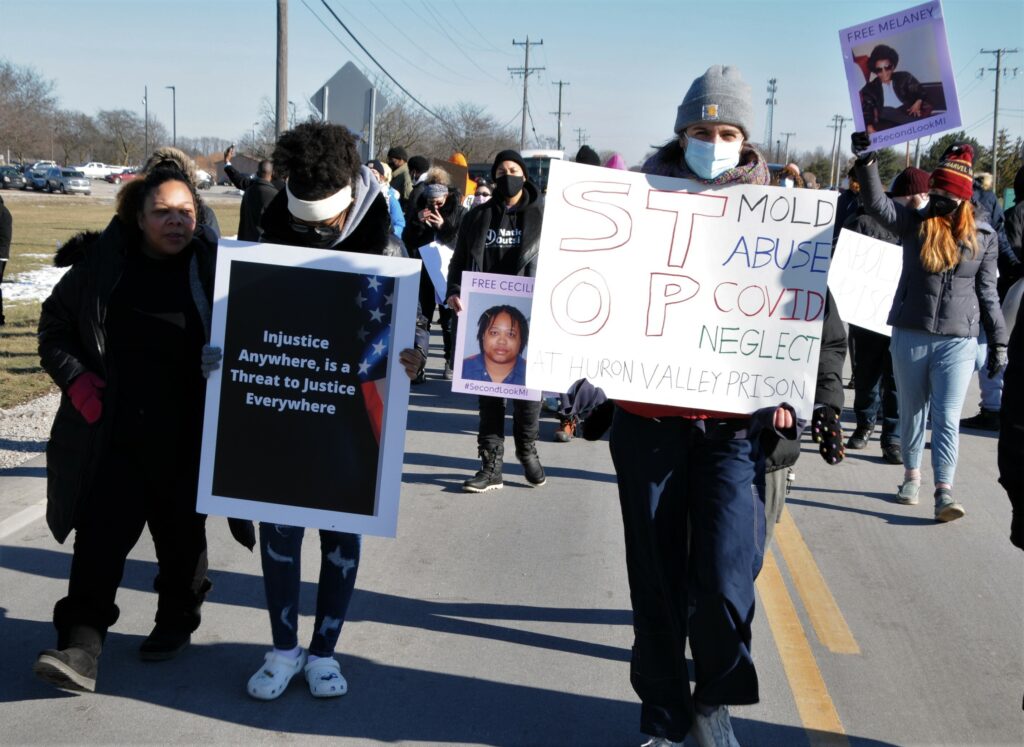
“People have the power to decide how their communities are managed based on what is necessary for them. Every area will come up with unique solutions that cater to its inhabitants’ needs and desires. Citizens must get involved to ensure these decisions appropriately reflect their interests!”
As 2023 approaches, three high-profile political prisoners remain incarcerated despite life-threatening illnesses. Mumia Abu-Jamal, Leonard Peltier, and Imam Jamil Al-Amin are all in dire need of compassionate release from prison, their supporters argue. Mr. Abu-Jamal’s case was brought before Judge Lucretia Clemons on December 16 for his sixth petition to appeal his conviction—her ruling will be issued within the next three months, which could potentially result in this being Mr. Abu-Jamal’s last chance for freedom through new trial proceedings.
(Final Call staff contributed to this report)












